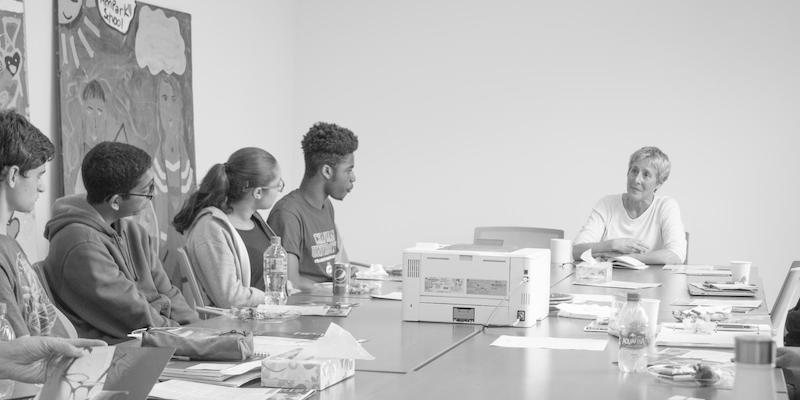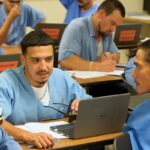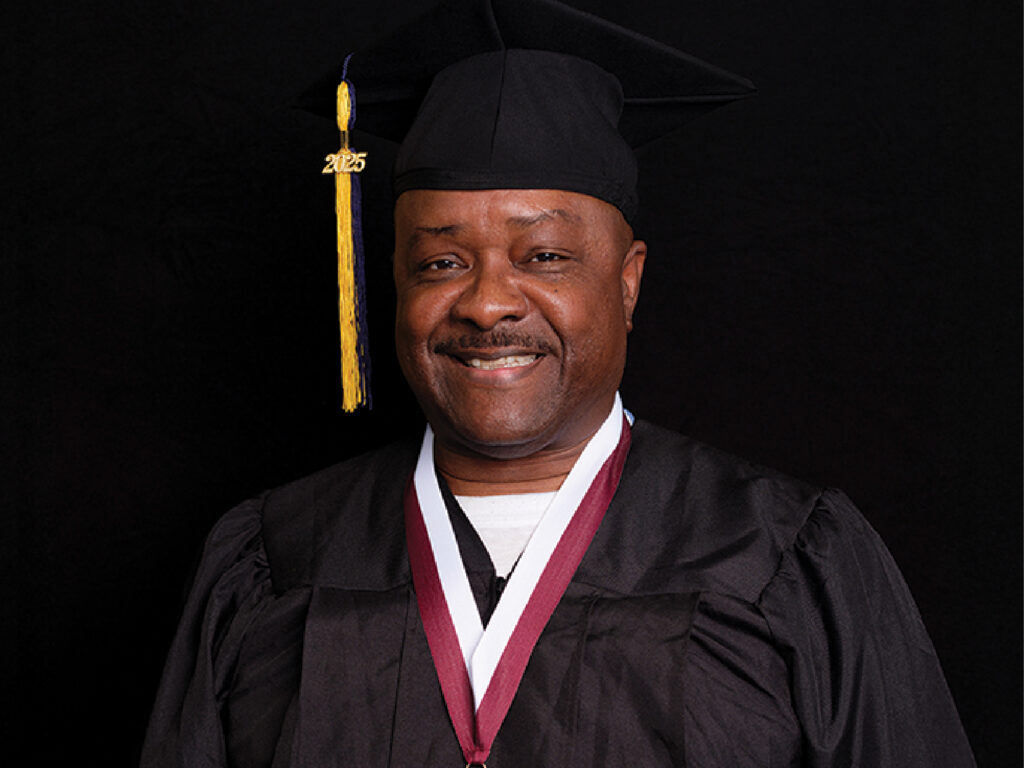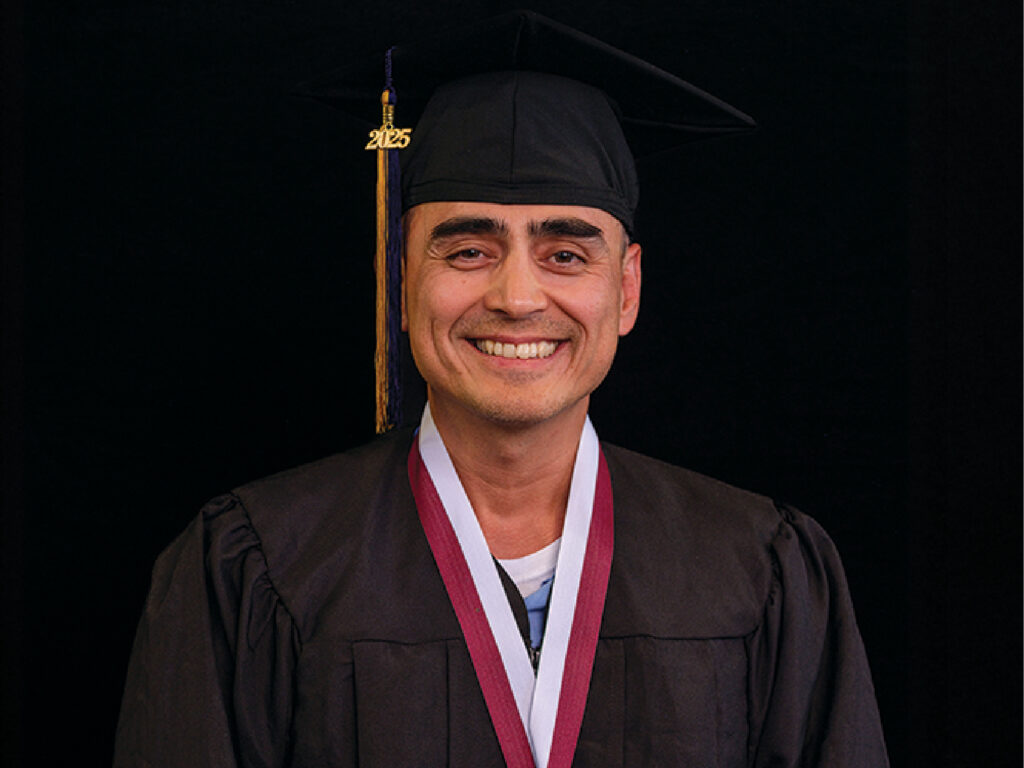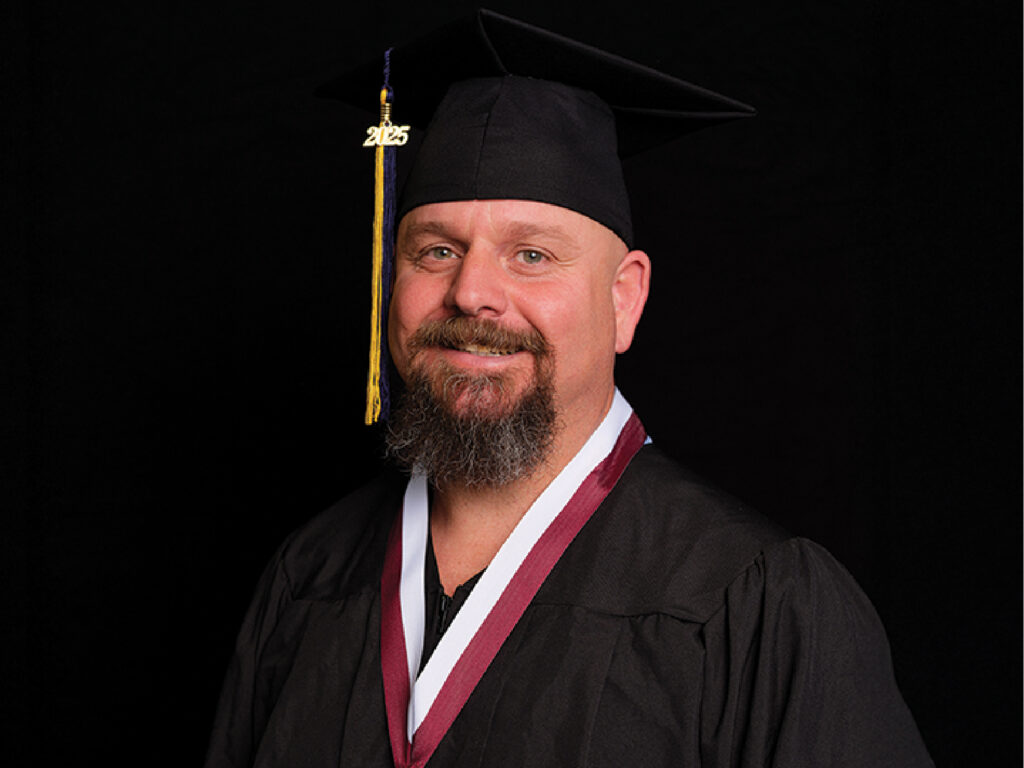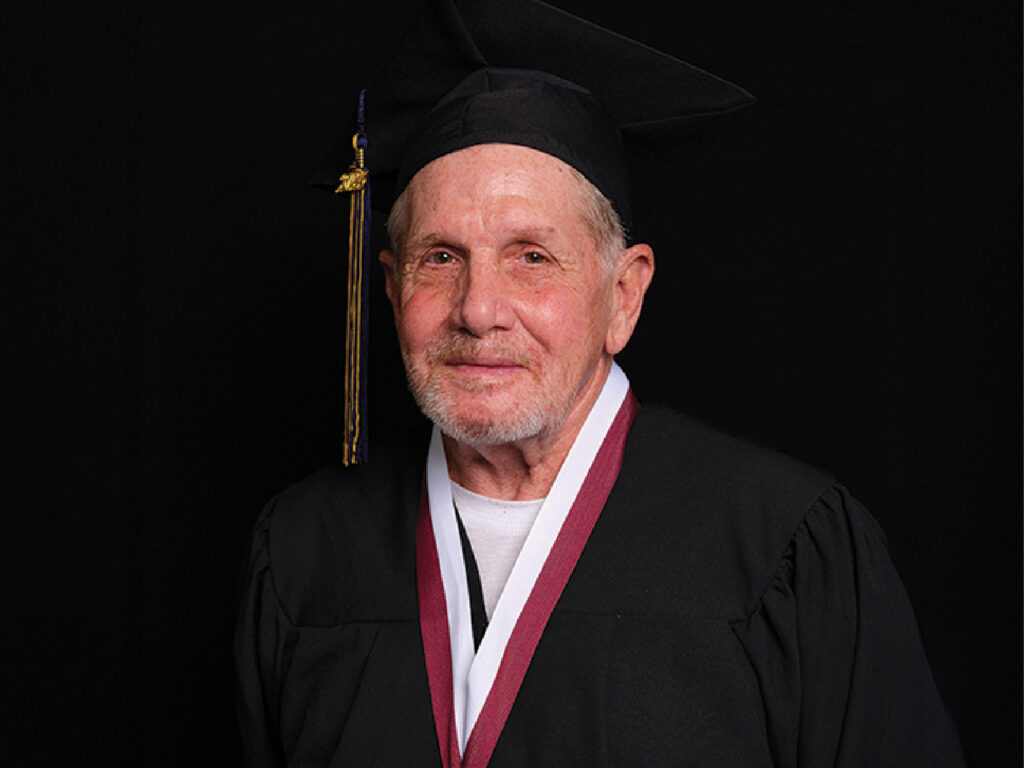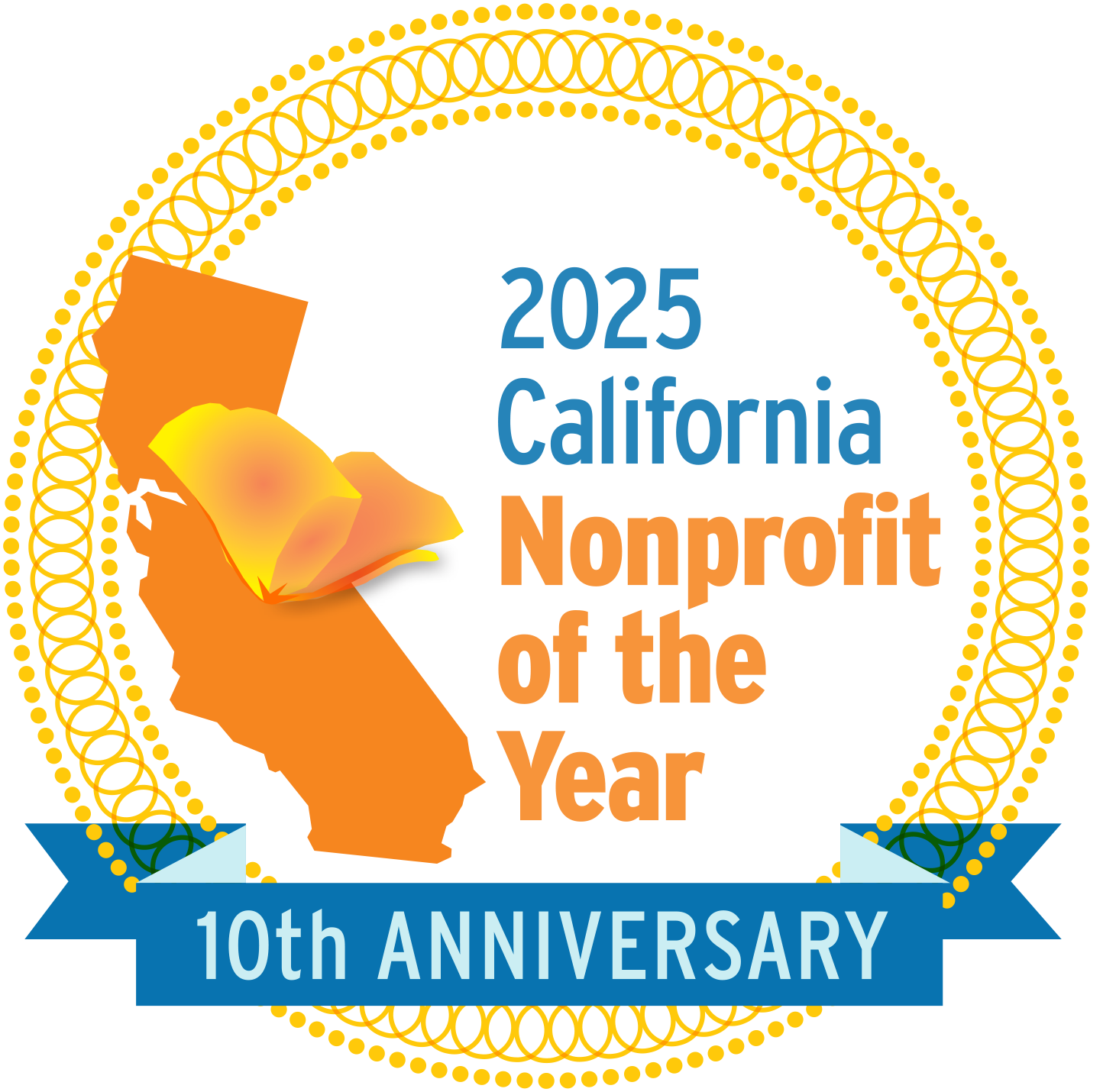This past Wednesday, the Center for Community Values and Actions (CCVA) held a Service Learning reflection panel led by Executive Director of Prison University Project Jody Lewen ’82, who spoke extensively about the project’s impacts.
According to its website, the Prison University Project’s mission is to provide high quality liberal arts education to people incarcerated at San Quentin Prison access to higher education and stimulate public awareness about higher education access in prisons and criminal justice nationwide.
Lewen led three service reflection sessions, held during periods D, E, and F, and spoke to students and faculty members. She wanted to hear students’ thinking about criminal justice and be able to answer any questions regarding the project’s work at the prison, as well as the overall field of higher education in prison, Lewen said.
In the reflections, Lewen not only covered specific details of the program but also put into perspective how the program’s structure is similar to that of the school’s, as she incorporates the value of having no limit to opportunities into the Prison University Project.
One of the main goals of the program is to expose the people incarcerated to new possibilities and to broaden their horizons, she said.
“When we started the CCVA [in 2006], [Lewen] was one of the first speakers that we had because the work that she’s done in her life so clearly fit the objective of the Center, which is to combine education, ethics, and action,” Director of CCVA Dr. Jeremy Leeds said.
On her last visit, the CCVA organized several meetings where Lewen spoke.
“Now that we have a service-learning requirement, including Reflection sessions, we are able to offer reflection credit to students who attend meetings like Jody Lewen’s,” Leeds said. “One potential benefit of the reflection sessions with Jody Lewen is that they allow the attending students to think about how they might use their own education for a public purpose.”
“[The CCVA] decided that [having Lewen speak at the school] would be a great way to open the year in terms of reflection activities,” he said.
Leeds hopes that this week’s reflections taught students about the issues involved in prison education, the prison system as a whole, as well as Lewen’s work, and have allowed students to find ways to become involved in the discussed issues, he said.
Prison has always been a topic of interest of Ragan Henderson’s (12), and the conditions of the incarcerated have always bothered her, she said. Henderson has taken interest in Lewen’s work as a possible field for the future, and she wanted to learn about [Lewen’s] process, what she does, and how the project started, she said.
“The biggest goal for me is encouraging people to think critically about prison, as well as to reflect on the purpose of incarceration and its impact on the incarcerated people and society,” she said.
“I think that liberal arts education is a gateway to power in our society, so the [Prison University Project] helps to create pathways for people coming from disadvantaged positions,” she said.
For this reason, Lewen is interested in the way that liberal arts and higher education can disseminate social capital, in addition to employment and access to positions of power, she said.
Students in the program can receive an Associate of Arts degree, which is equivalent to a community college degree, that may take up to three or four years to achieve in prison, whereas the degree typically requires two years to receive.
The program’s students talk about discovering their own intellect and different disciplines that were unknown to them, Lewen said.
“I definitely want them to be prepared to have jobs that pay enough for them, and I hope that when they get out of prison, [the students] continue their education,” she said.
Attribution: This article originally appeared in The Record on October 5, 2018. Read Story
Please note that the Prison University Project became Mount Tamalpais College in September 2020.
